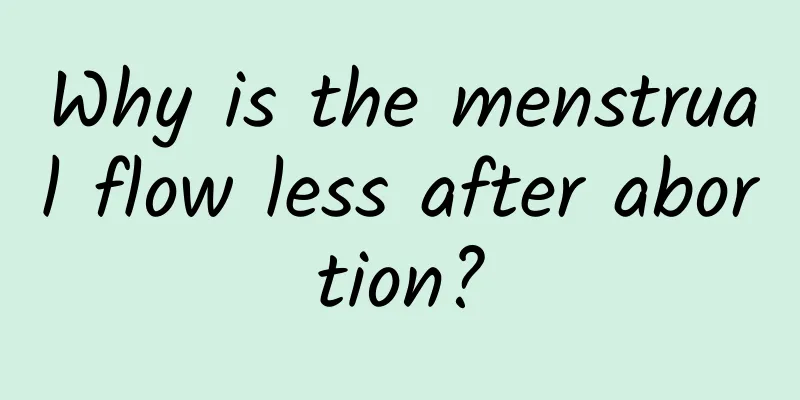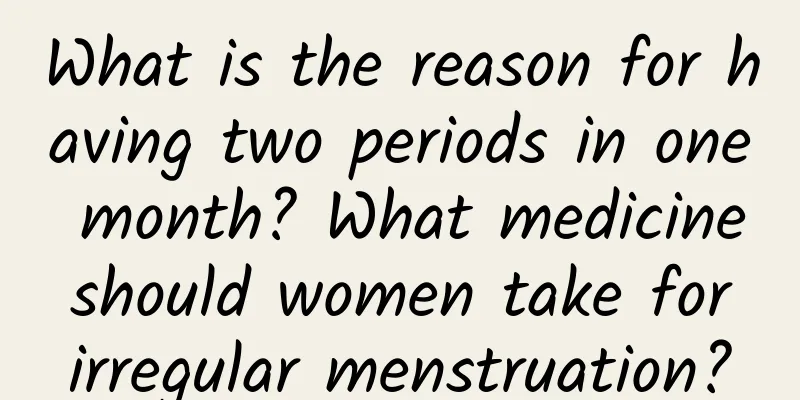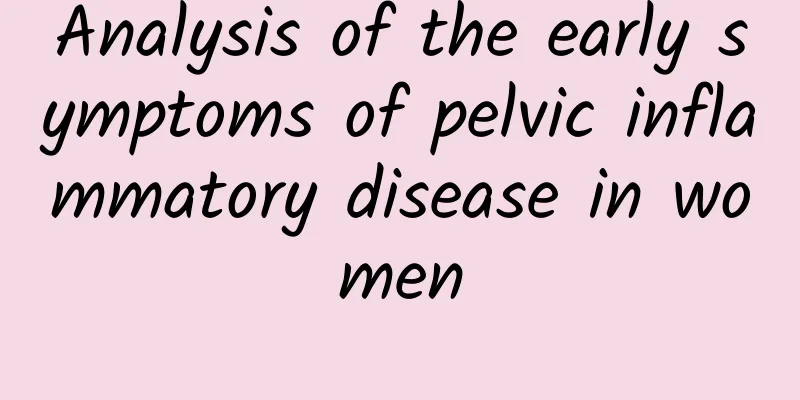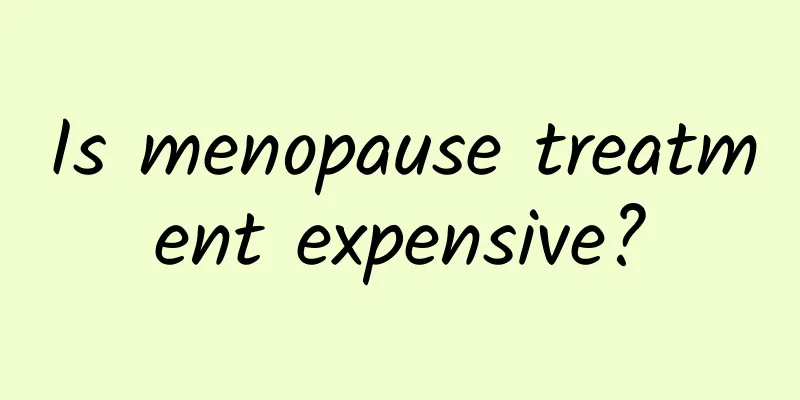Uterine fibroids usually cause abdominal masses
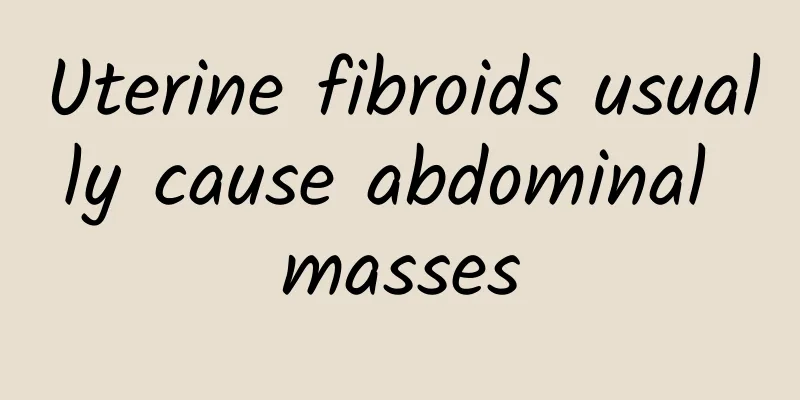
|
Uterine fibroids usually cause abdominal masses, and people can detect the disease through the texture and characteristics of these diseases. So do you know what the symptoms of uterine fibroids are? This is also a question that people ask a lot. The following authoritative experts will give you a detailed answer. Symptoms of uterine fibroids generally include the following: 1. Abdominal mass: Patients feel abdominal lumps themselves, mostly after uterine fibroids grow out of the pelvic cavity. It is often obvious in the early morning when the bladder is full on an empty stomach. It is a common symptom of uterine fibroids. Because the uterus and fibroids are pushed upward, it is easy for patients to touch them themselves. If the uterus is larger than 4 to 5 months of pregnancy, it can also be touched when the bladder is not full. Uterine fibroids are generally located in the middle of the lower abdomen, and a few may be located on one side of the lower abdomen. They are hard or have an uneven feeling. Larger ones are more likely to be degenerated, softer and smoother. Most grow slowly. A very small number may grow faster or be accompanied by dull pain, and malignant changes should be suspected. 2. Pain: The symptoms of this type of uterine fibroids are that the tumor compresses the pelvic blood vessels, causing congestion, or compresses the nerves, or the pedicled submucosal fibroids can stimulate uterine contraction, which is discharged from the uterine cavity to the outside, causing the cervical canal to widen and cause pain; or the necrosis and infection of the fibroids cause pelvic inflammatory disease, adhesions, traction, etc. If some individuals have red degeneration of uterine fibroids, the abdominal pain is more severe and accompanied by fever. Acute and severe abdominal pain also occurs when the pedicle of the uterine subserosal fibroids is torsion or the axial torsion of the uterus. Large subserosal fibroids grow into the broad ligament, which can not only compress the nerves and blood vessels to cause pain, but also compress the ureters to cause ureteral or renal hydrops and cause low back pain. Those with severe and progressive dysmenorrhea are often caused by uterine fibroids complicated by adenomyosis or endometriosis. This is also a common symptom of uterine fibroids. 3. Uterine bleeding: Symptoms of this type of uterine fibroids occur in half or more of the patients. Most of them are excessive menstrual flow, prolonged menstruation or shortened menstrual cycle, accounting for about 2/3; persistent or irregular bleeding accounts for 1/3, which are also common symptoms of uterine fibroids. Bleeding is mainly caused by intramural fibroids and submucosal fibroids. Intramural fibroids often have periodic bleeding, while submucosal fibroids often show irregular bleeding. Subserosal fibroids rarely cause uterine bleeding, and in some cases, the menstrual flow is reduced. The above is an introduction to the symptoms of uterine fibroids. I hope it will be helpful to you. If you still have questions, please consult experts online. They will give you appropriate suggestions. Thank you for your support and trust in this website. I sincerely wish you a healthy body. |
<<: People with irregular menstruation still have oily skin
>>: Uterine fibroids may also cause heavy bleeding
Recommend
What should I do if I find uterine fibroids before pregnancy? What are the common types of uterine fibroids?
I am planning to have a baby, but I found that I ...
Vitamin D supplementation can effectively relieve dysmenorrhea
Dysmenorrhea troubles many women, seriously affec...
How can women self-check for uterine fibroids?
When uterine fibroids are severe, they are very h...
What are the main factors that cause cervicitis in life?
What are the main factors that cause cervicitis i...
Beautiful back in 1 minute! Correct your posture by doing the anti-cellulite towel exercise
In the past, when we mentioned hunchbacks, we wou...
Pelvic inflammatory disease may be caused by bad living habits
Pelvic inflammatory disease may be caused by bad ...
What supplements can my wife take for uterine fibroids? What are the best foods for patients with uterine fibroids?
My wife's uterine fibroids are a common gynec...
More attention should be paid to the nursing work of ovarian cysts
It is very important to take good care of ovarian...
Is pelvic effusion likely to occur?
Is the chance of pelvic effusion high? The answer...
Eat to get a small V-face! 4 recipes for slimming your face revealed
In addition to improving it through massage, if y...
What are the common symptoms of women during menstruation?
Women have menstruation every month, and the most...
How to maintain after uterine myomectomy
What is the postoperative maintenance after hyste...
Unbearable itching is a typical symptom of vulvar leukoplakia
Many female friends do not pay attention to hygie...
What are the causes of pelvic inflammatory disease?
What are the causes of pelvic inflammatory diseas...
How long after an abortion can I take a shower?
If you have just had an abortion, you must be mos...

